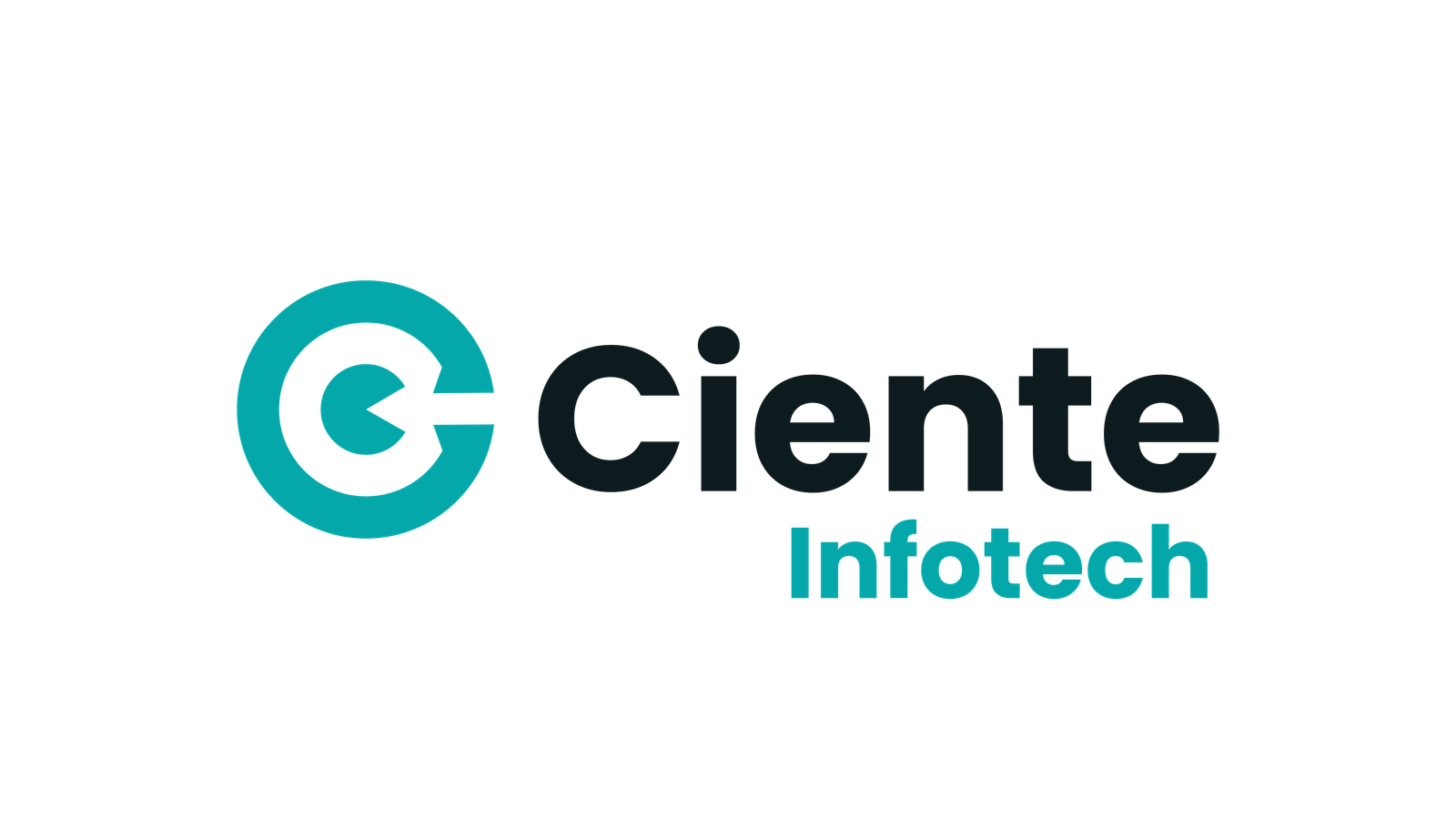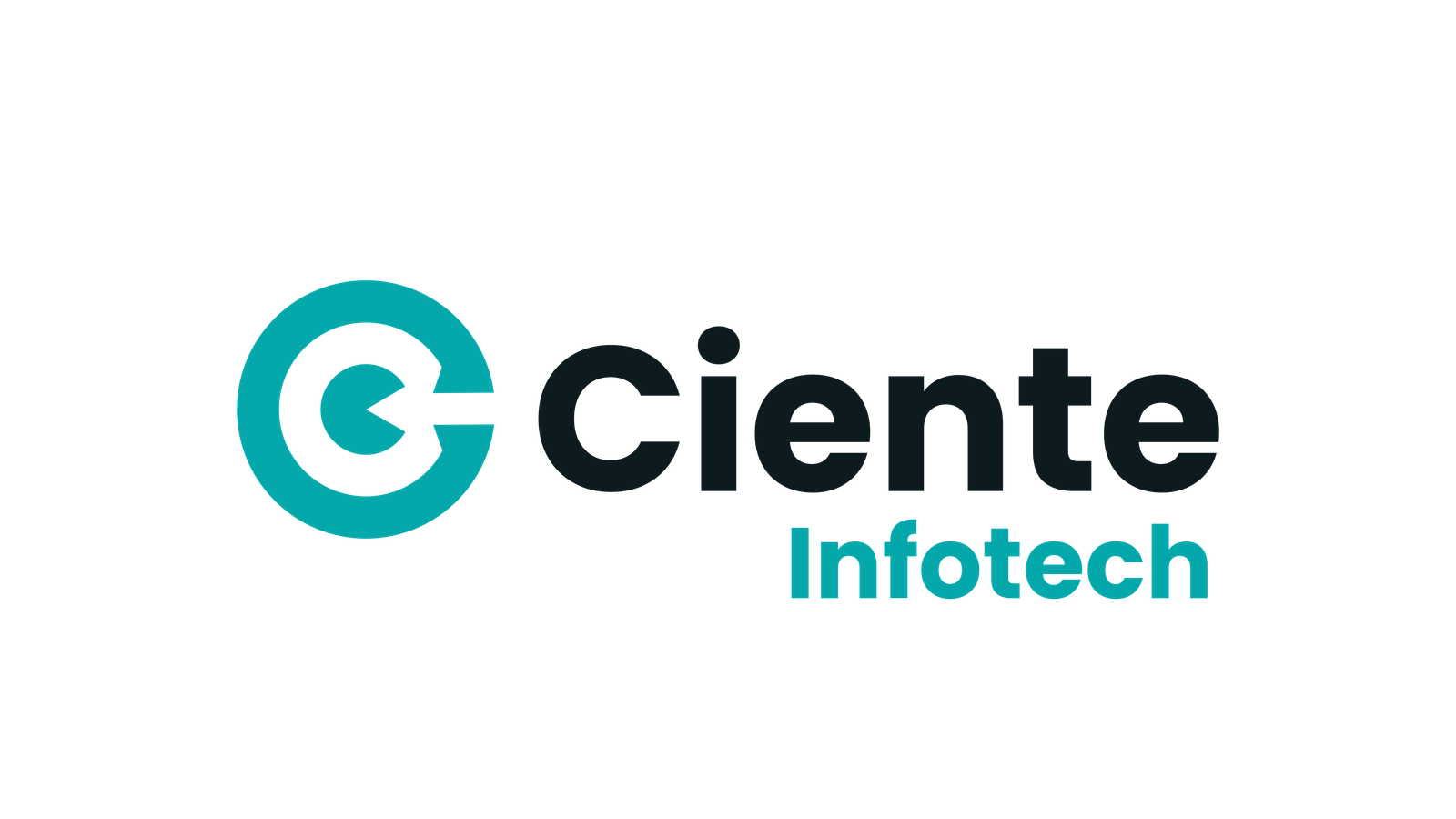IoT is facilitating better data collection and sharing. From cost savings to enhanced customer experiences, how is IoT revolutionizing business operations?
The Internet of Things is the fastest-evolving technology, opening new perspectives and business opportunities in almost every industry, including manufacturing, retail, healthcare products, transportation, tourism, and logistics. This technology provides us with real-time information, rather than predicting the future or reporting on the past. Globally, there are more than 13 billion linked IoT devices, and by 2024, it is anticipated that the market will be worth more than $1 trillion. We live in a smart world today. The internet is being connected to more and more formerly standalone devices and technologies every day. All smart devices contain sensors that let users watch and operate them from a distance while gathering lots of data. The Internet of Things (IoT), which includes all of these devices, is revolutionizing contemporary industries.
What is IoT?
The Internet of Things, often known as IoT, is a cutting-edge idea transforming how businesses operate worldwide. IoT is the concept of linking devices to one another and the internet. It’s a network of intelligent technology that facilitates better data collection and sharing. IoT technology can significantly affect many aspects of a business. For instance, devices that monitor global supply chains encompass IoT technology. In addition to data recorders, this can also apply to phones, RFID tags, sensors, GPS trackers, and other devices.
Benefits of IoT for businesses
The Internet of Things (IoT) has the power to change industries and provide organizations with the competitive edge they need. IoT helps businesses cut expenses, improve customer experiences, optimize operational performances, and make smarter business decisions due to its intelligent applications.
Reduced Costs:
For organizations, this is one of the IoT’s most appealing advantages. Smart technology and embedded sensors can reduce expenses and help identify potential problems. IoT’s role in machine management is to assist in finding a more efficient way to operate them so businesses can lower operating costs. Additionally, maintenance procedures will be simpler, which can mean that some technological issues won’t need a professional’s assistance.
Enhanced Efficiency:
IoT enables businesses to gather and evaluate customer data, giving them the capacity to foresee demands and provide tailored experiences. Additionally, IoT may help coordinate a significant amount of automation and offer immediate feedback on operational effectiveness. These upgrades will empower businesses to run more efficiently, leading to immense growth as insertion costs decrease and production becomes more feasible.
Improved Customer Experience:
Ensuring users don’t get frustrated, perplexed, or run into issues when using the product is essential to creating a great user experience. One needs to make necessary, user-friendly improvements to give users the most pleasant experience possible. IoT is crucial to improving the customer experience as devices collect data from all accessible touchpoints. The process considers the user’s demands while analyzing data from mobile apps, home gadgets, social media interactions, customer communications, website surfing, and sales history to create tailored customer experiences.
Summing Up
The Internet of Things is here to stay due to the necessity for global connectivity. It is currently a component of all business technology, and in the coming years, its market is anticipated to grow even more. Therefore, implementing this cutting-edge technology in enterprises has numerous advantages, particularly in terms of productivity and profitability.
IoT fundamentally transforms businesses and the way they operate. Technology advancements and the integration of both physical and digital systems are driving the growth of IoT. Businesses can benefit from IoT in a number of ways, including increased productivity, better data analysis, cost savings, better customer experiences, fresh revenue opportunities, automated monitoring and regular upkeep, and enhanced security.
The adoption of IoT does, however, come with some drawbacks. The two main issues are undoubtedly cybersecurity and privacy. In light of this, businesses attempting to use IoT in their operations should likewise plan to increase their network security.



